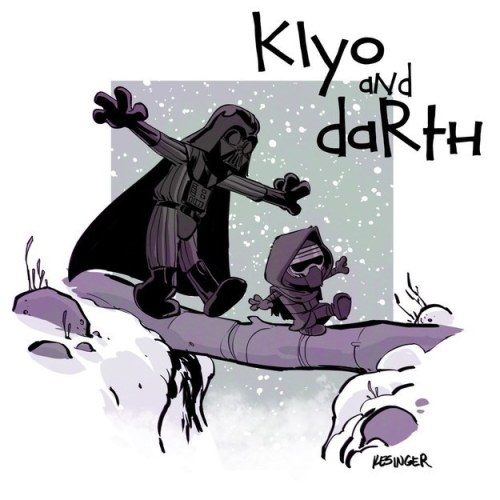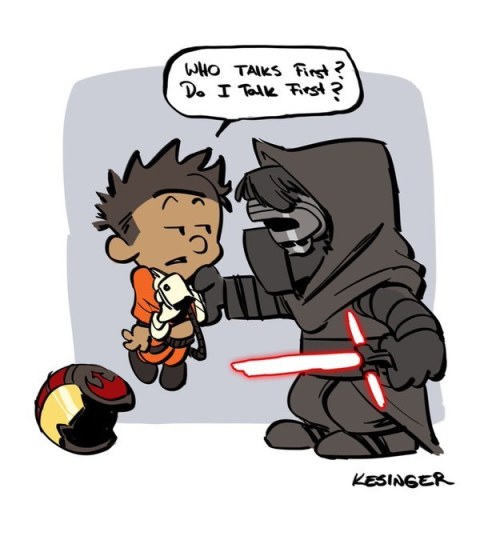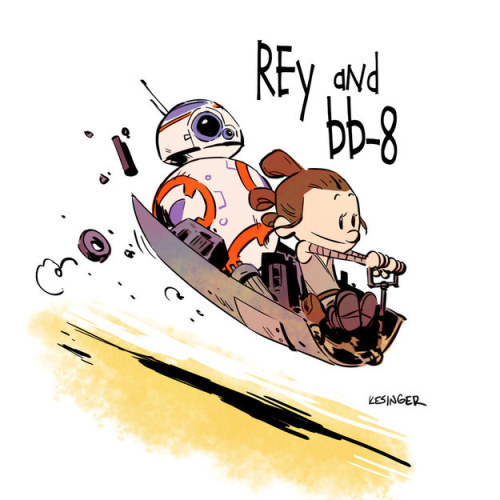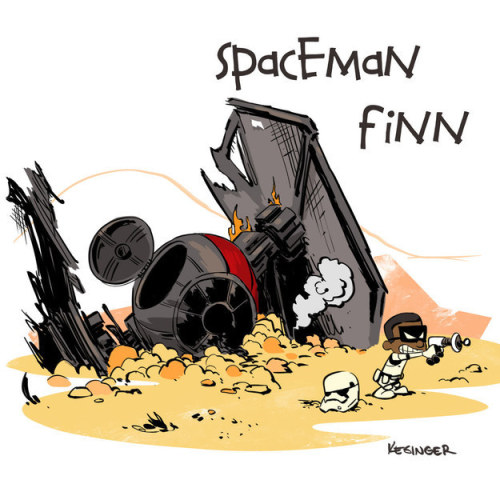Look! A Pair Of Boobs! ----->(.Y.)
Look! A pair of boobs! ----->(.Y.)
Mark Watney, Andy Weir's The Martian
More Posts from Thebryanscout and Others







Doctor Who buttons 1.25" / 32mm pinback button/badge by BlackUmbrellaInd (1.25 USD) http://ift.tt/1W3P5kL
This is beyond true.



Rammstein’s Mein Herz Brennt + Classical Art

All the Enterprises.
I'm really excited for the arrival of New Horizons at Pluto!!!! Is there anything that you could share with us about it? I know you work at NASA so have you learned anything else that the public may not know?
I’m also super excited for the New Horizons probe to reach Pluto! - you’re not the only one to ask about this - I’ll gladly share what I know! Thanks for the great question:
Facts About New Horizons Approaching Pluto:
Transmission: Data Communications takes 4 and a half hours to reach earth. The data is sent across space at 1 kilobit per second… that is super slow, but also super efficient (see power bullet below). When the probe flies by Pluto all of its instruments will begin taking data. that data will then take 16 mounts to send back to earth.

Power Generation: The Probe is powered by Nuclear Power - known as an RTG (Radioisotope thermoelectric generator)! unlike solar power, Nuclear power does not degrade as it gets farther from the Sun. If the probe had solar panels, they would be many of times larger than the probe because sunlight is 1,000 times fainter at Pluto than it is at Earth.
Power Supply: The New Horizons probe runs on only 250 Watts / 30 Volts - that’s less power than a blender. This power restriction means that all of New Horizon’s systems are optimized for low power, which is why transmission takes so long.

Science Payloads: The New Horizons probe has 7 Science Payloads:
LORRI - The Long Range Reconnaissance Imager (LORRI) is a long-focal-length imager designed for high resolution and responsivity at visible wavelengths.
SWAP - Solar Wind At Pluto (SWAP) is a toroidal electrostatic analyzer and retarding potential analyzer (RPA).
PEPSSI - Pluto Energetic Particle Spectrometer Science Investigation (PEPSSI) is a time of flight ion and electron sensor.
Alice - is an ultraviolet imaging spectrometer that makes one (of two) photographic instruments comprising the Exploration Remote Sensing Investigation (PERSI).
Ralph - The Ralph telescope, 6 cm (2.4 in) in aperture, is one of two photographic instruments that make up New Horizons ' Pluto Exploration Remote Sensing Investigation (PERSI).
SDC - The Student Dust Counter (SDC), built by students at the University of Colorado Boulder, will operate continuously through the trajectory to make dust measurements.
REX - The Radio Science Experiment (REX) will use an ultrastable crystal oscillator and some additional electronics to conduct radio science investigations.

The LORRI Imager: LORRI - or the Long Range Reconnaissance Imager - is what will be giving us awesome images of Pluto’s surface and its moon Cheron. Even with the Hubble space telescope we were only able get very bad images of Pluto, but with LORRI and the other imagers we will be able to see fine details. Look at this comparison of a Hubble image and an image taken with LORRI on july 8th. It is important to note that this image is still 6 days away from closest approach and 5,328,000 miles away from Pluto - AND it is now our best image. (calculated from escape speed * time. sources below)
Pluto & Charon From Hubble:

Pluto & Charon From LORRI on New Horizons:

On Board Spectrometers: The New Horizons probe has 4 on board spectrometers - these analyze light to see what the source material is made of. They will be useful in determining what Pluto is made of, what Pluto’s atmosphere is made of, and the composition of structures of the Pluto’s surface. New Horizons instruments such as Alice, Ralph, PEPSSI, and SWAP all have one of these devices.
Random Things It Contains: The probe also contains 2 CDs of those who helped the mission, two US quarters and flags, and the ashes of Clyde Tombaugh - the man who discovered Pluto in 1930. At the time scientist were looking for an elusive Planet X - which we now know doesn’t exist - that is what prompted Clyde’s discovery of Pluto (Image Below):

Thanks for the great questions everyone, you’re a really awesome and curious bunch! Feel free to ask about any space stuff that you are curious about. If you see anything wrong with my posts please let me know! I’m here to promote scientific literacy and I wouldn’t want to spread false information.
Credit/Sources: Hubble, NASA & John’s Hopkins, Vox, Wikipedia, Whole Sale Items (for compairison to house hold items power), (Also I work at NASA, so I just know some of it)

Congratulations to Project Mars First Place poster winner, Adrianna Allen from Lapeer, Michigan.
Visit http://projectmarscompetition.com to see the Film and Poster winners and finalists.
Digging that Aurebesh on the poster!

Wanted! - art by Alex Ross




“Star Wars: The Force Awakes” Characters As “Calvin And Hobbes” by Brian Kesinger

Mosaic of Mercury images, taken from 125,000 miles away by the Mariner 10 space probe in 1974. (NASA)
-
 runnershighpnw reblogged this · 9 years ago
runnershighpnw reblogged this · 9 years ago -
 laughablyaverage reblogged this · 9 years ago
laughablyaverage reblogged this · 9 years ago -
 laughablyaverage liked this · 9 years ago
laughablyaverage liked this · 9 years ago -
 everydayisaverage reblogged this · 9 years ago
everydayisaverage reblogged this · 9 years ago -
 nerdychick1313 liked this · 9 years ago
nerdychick1313 liked this · 9 years ago -
 alectually liked this · 9 years ago
alectually liked this · 9 years ago -
 thebryanscout reblogged this · 9 years ago
thebryanscout reblogged this · 9 years ago
21, He/Him/His, lover of all things space, aviation, alt music, film, and anime
255 posts